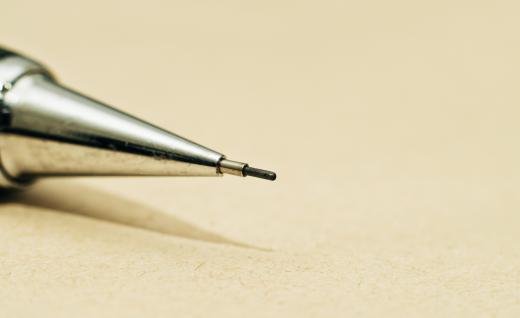A coil spring is a metal or heavy plastic that has been formed and turned into a cylindrical shape around a pipe or similar device. Their appearance generally resembles curls or ringlets in shape and they may be tightly or loosely formed depending on what they will be used for. Springs are commonly found in bed, sofas, doors, hinges, and multiple other areas.
There are two main purposes for using a coil spring. The first is to reduce shock by absorbing it into the springs, such as with a sofa or bed mattress. The springs help support the fabric and padding by more evenly distributing weight across the surface and by taking some of the strain off the other materials. Springs are generally made of heavy grade metal for this purpose and are generally larger and bulkier when used in mattresses and other surfaces which must hold a lot of weight.

The coil spring is also used to reduce stress on surfaces by allowing extra “give” or stretch. In a sofa, the springs take the weight by collapsing inward toward their center. With other items, such as a trampoline, they hold up the weight by stretching outward and allowing the material to move more freely.
Springs have a tendency to become worn out over time and must be routinely replaced in some items. Because of the shape of the coil spring, it is easily stretched, misshapen, and can often rust when used outdoors. This can result in poor performance, as in the case of an uneven mattress. Sometimes replacing springs is not possible and the entire item itself must be replaced.

Coil spring construction often consists of using steel tubes of metal and bending them around the shaping rod to give them their trademark shape. The metal may be coated with rubber or plastic to add protection, or may be treated to avoid rust damage if being used outdoors. Some springs may be crafted from light metals like aluminum to allow more give. There are endless products which may use a coil spring.

The use of coil springs is also common in the automotive industries. These often need replacement regularly and are used in a variety of parts. Springs can become corroded over time. Other items which may contain coil springs include power tools, mechanical pencils, retractable pens, toys, and construction materials.
